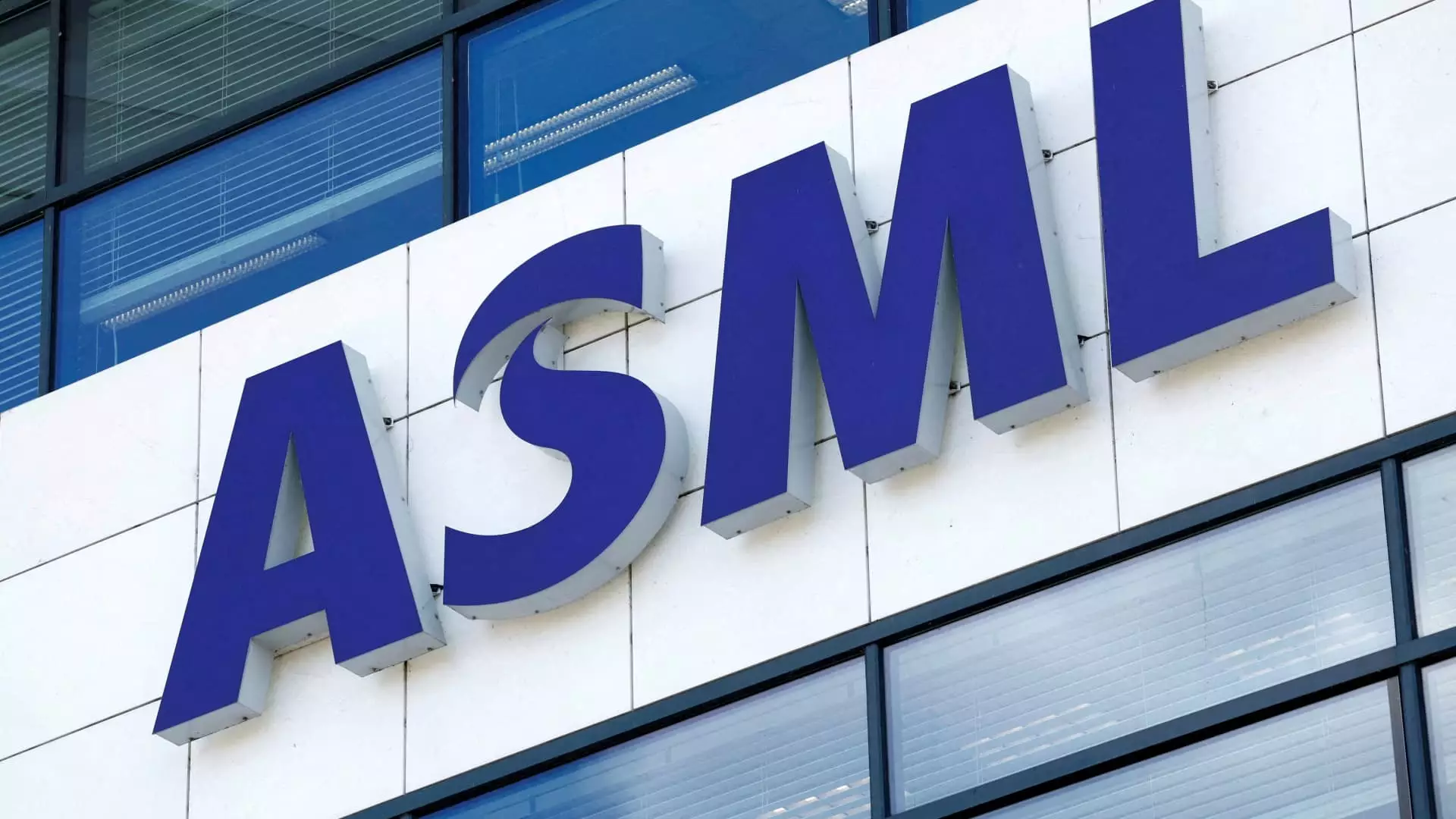The semiconductor company ASML caused a stir when its CEO, Peter Wennink, indicated that they may consider relocating operations if certain conditions were not met. The company’s concerns stemmed from plans by the Dutch government to reduce tax breaks for highly skilled migrants and restrict the number of foreigners attending Dutch universities. These changes would have a significant impact on ASML’s ability to attract talent and innovate in the semiconductor industry.
In response to ASML’s threats, the Dutch government launched “Operation Beethoven,” a campaign aimed at reassuring the company and convincing them to stay in the Netherlands. The government, led by Finance Minister Steven van Weyenberg, emphasized the importance of ASML to the Dutch economy and expressed optimism about the company’s future in the country. Despite the tensions between ASML and the government, both parties are working towards a resolution that would allow ASML to continue growing within the Netherlands.
ASML’s concerns about its future in the Netherlands are part of a broader trend of multinational companies grappling with regulatory changes and geopolitical tensions. The semiconductor industry, in particular, has been caught up in disputes between major powers like the United States and China. ASML itself faced export restrictions on its tools to China, following moves by the U.S. government to tighten controls on advanced semiconductor technology. These challenges underscore the complexity of operating in a globalized economy where political considerations can impact business decisions.
The potential departure of ASML would have far-reaching consequences for the Dutch economy, given the company’s central role in the semiconductor supply chain. ASML’s advanced technology, such as extreme ultraviolet lithography (EUV) machines, is critical for manufacturing integrated circuits used in various industries. The loss of ASML would not only affect the company’s workforce but also have ripple effects on suppliers, customers, and government revenues. Maintaining a favorable business environment for companies like ASML is crucial for sustaining economic growth and innovation in the Netherlands.
The ongoing discussions between ASML and the Dutch government highlight the delicate balance between economic interests, regulatory policies, and geopolitical dynamics. While both sides are committed to finding a solution that ensures ASML’s continued presence in the Netherlands, the challenges ahead are significant. As technology continues to drive global competition and cooperation, companies like ASML must navigate a complex landscape of regulations, trade agreements, and security concerns. The outcome of ASML’s negotiations with the Dutch government will not only shape the company’s future but also influence the broader ecosystem of the semiconductor industry. Amidst these uncertainties, stakeholders are closely watching the developments to understand the implications for the Dutch economy and the global tech sector.


Leave a Reply